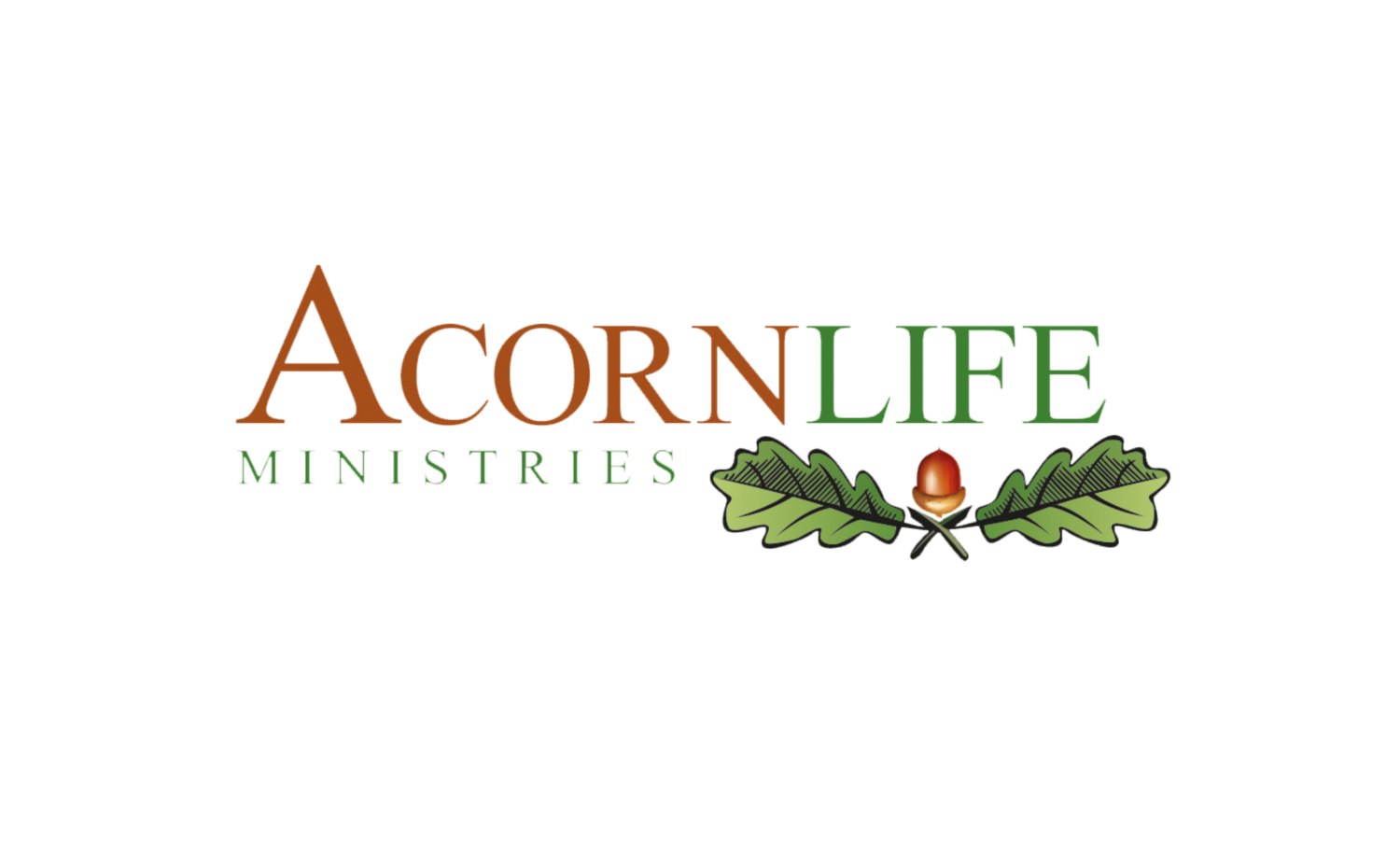Welcome to Rosh HaShanah!
/While most of the rest of the world is just beginning to sense that 2020 is a mere three months away, those of us who observe the biblical feasts and festivals are making ready to celebrate Rosh HaShanah this weekend.
Rosh HaShanah, on the Jewish civil calendar, is the beginning of the New Year. Like all Jewish feasts it begins on the preceding evening of the actual day, this year that’s Sunday, 29 September.
In Hebrew, rosh means ‘chief’ or ‘head’ and shanah means ‘year’. Rosh HaShanah is the sixth feast in Elohim’s times and seasons and has dual themes: ‘to awake’ and ‘to repent’ (Romans 13:11-14; Ephesians 5:14).
Rosh HaShanah takes place during the seventh month (Tishri) of the Hebrew calendar and, though it has a solemn side it is also a time of much rejoicing.
You may well be wondering why the New Year is celebrated during the seventh month and not the first. This is because the months are counted from the beginning of the Feast of Passover, which is in the month of Nissan (usually March/April).
Rosh HaShanah is also called the ‘Feast of Trumpets’ (for trumpets also read shophar), as the shophar sound, its cadence and frequency is heard on a daily basis. The vibrancy of blasts invariably stops you in your tracks. It is a sound that carries great import and is intended to touch emotions and reach spirits.
The sounds of the shofar can be interpreted in the following ways:
The Tekiah is a long blast with a clear tone – calling one to attention.
The Teruah is a rapid series of not less than 9 very short blasts – the sound within a sound, known as the Kesseh, or the Hidden One: specific to Rosh HaShanah.
The Shevarim is a ‘broken’ sound of 3 short blasts – a sound of despair felt by Elohim, due to the distance or separation caused by the sin of man.
The Tekiah Gedolah (the Great Tekiah) is a single, unbroken blast held for as long as possible.
Rosh HaShanah is an autumn feast of great importance for the Church, though, generally, the Church does not celebrate it. Two Hebrew words – Teshuvah and Yom Teruah – give further information about this feast and time of repentance.
Teshuvah speaks of this season of repentance. It is from the Hebrew meaning ‘to return or repent’. Teshuvah begins in the month of Elul (August/September), continues for forty-days and ends with Yom Kippur.
Teshuvah awakens and, as stated before, gives the chance to scrutinize our lives to see if, and where, we have departed from Elohim. Once found, we then have the opportunity to make the necessary changes, before Rosh HaShanah.
At the end of the thirty days of Elul, on 1st Tishri (September / October), Rosh HaShanah begins – repentance should be well under way, ready for the New Year, with the final push in further nine days to Yom Kippur. The nine days are also known as, The Awesome Days, The Days of Awe and/or The High Holy Days. No one wants to be found in an un-repented state, at this time.
Yom Teruah: one of its meanings is the ‘Shout’ or the ‘Day of the Awakening Blast’. 1Thessalonians 4:16 states that Yahusha Messiah, Himself, “shall come down from heaven with a shout, with the voice of an archangel and with the trumpet of Elohim: and the dead in Christ will rise first.” – this single, unbroken sound of the trumpet is known as the Great Tekiah blast.
So, when Yahusha returns, it will be with a long, loud blast of the trumpet; it is the sound of the trumpet that will alert the people of Elohim. Psalm 89:15a states, “… blessed are the people who know the joyful sound!”
The Opening of the Gates: according to Judaism, the gates of Heaven are open on Rosh HaShanah. The opening of the gates also gives reference to the Rapture of the Bride, the Church, clearly outlined in Matthew 25:1-13, by Messiah, when He spoke of the Kingdom and the 10 Virgins: those who were prepared, ready and able to have entrance. The gates are open, so that the righteous nation, which keeps the truth, may enter in (Isaiah 26:2; Psalm 118:19-20).
As we approach Rosh HaShanah, let us be aware that this season is a rehearsal for when the fully repented Bride will be caught up to meet her Bridegroom. So, let us heed the sentiment of the season and, “Awake to righteousness and sin not” (1Corinthians15:34a). Let us throw off complacency, search ourselves, repent and heed Elohim’s call of the season knowing that now is best time to awake out of 'sleep' or lack of awareness of our true spiritual state before God; for now our salvation is nearer than when we first believed (Romans13:11).

